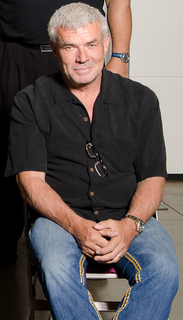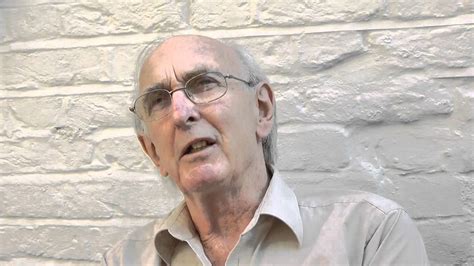A Quote by Ian Macfarlane
Most of us at the Reserve Bank come from a background in economics and hence have a predisposition in favour of free markets and a sceptical attitude towards intervention in those markets unless there is a clearly defined economic rationale for it.
Related Quotes
Part of my advantage is that my strength is economic forecasting, but that only works in free markets, when markets are smarter than people. That's how I started. I watched the stock market, how equities reacted to change in levels of economic activity, and I could understand how price signals worked and how to forecast them.
If you go back to Adam Smith, you find the idea that markets and market forces operate as an invisible hand. This is the traditional laissez-faire market idea. But today, when economics is increasingly defined as the science of incentive, it becomes clear that the use of incentives involves quite active intervention, either by an economist or a policy maker, in using financial inducements to motivate behavior. In fact, so much though that we now almost take for granted that incentives are central to the subject of economics.
"Free markets" is a very general term. There are all sorts of problems that will emerge. Free markets work best when the transaction between two individuals affects only those individuals. Most often, a transaction between you and me affects a third party. That is the source of all problems for government. That is the source of all pollution problems, of the inequality problem. This reality ensures that the end of history will never come.
Private equity capital in each of those markets Europe and Asia - while those markets have very different characteristics - fills a niche where either strategic investors or the public markets don't go, or don't want to go for some particular reason. I think that's going to continue to be the case going forward.


































